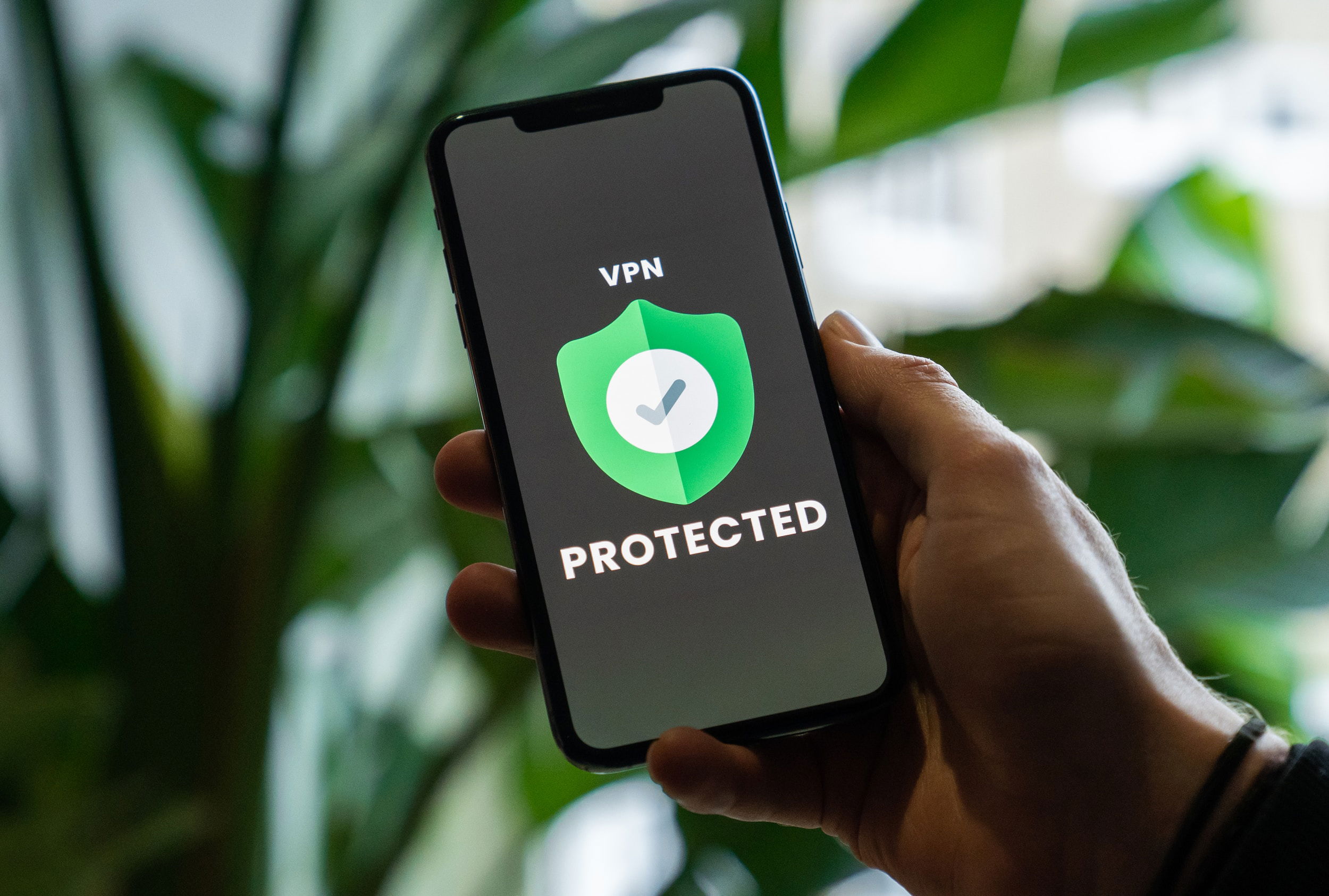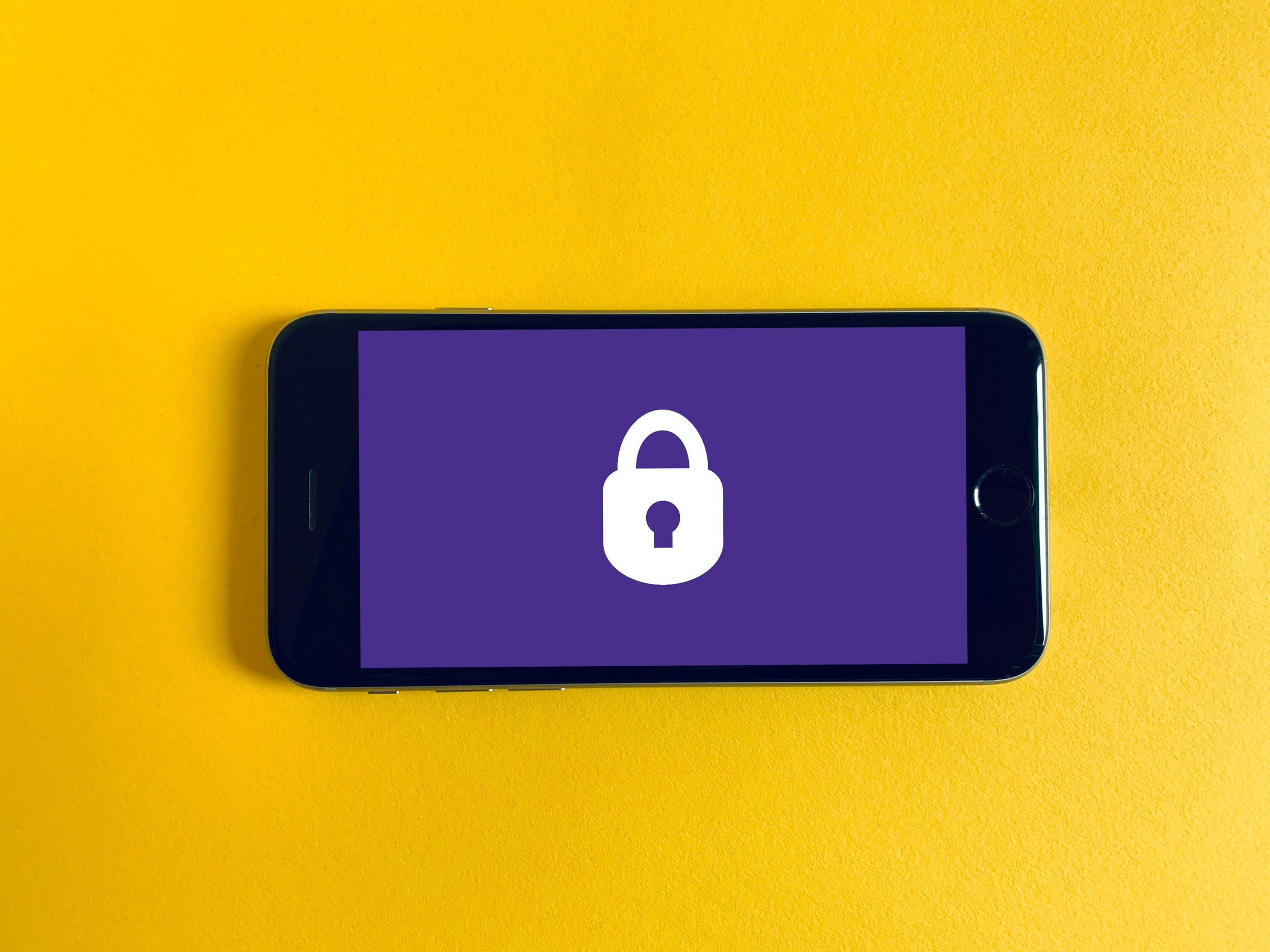Cybersecurity in the Digital Age: Protecting Your Data and Privacy
In our increasingly digital world, where information flows freely across the internet, cybersecurity has become a critical concern for individuals, businesses, and governments alike. With the proliferation of data breaches, hacking incidents, and privacy violations, it's essential to understand the importance of cybersecurity and how to protect your data and privacy. This article delves into the world of cybersecurity, its significance, and practical steps you can take to safeguard your digital life.

The Digital Age and Its Vulnerabilities
The digital age has brought about remarkable advancements in technology, transforming the way we live, work, and communicate. From smartphones and social media to cloud storage and online banking, our lives are more intertwined with the digital realm than ever before. However, this increased connectivity has also exposed us to a host of cybersecurity threats, including:
1. Data Breaches
Large-scale data breaches, where sensitive information like passwords and credit card details are stolen, have become alarmingly common. Even major corporations and government agencies are not immune to these attacks.
2. Phishing Attacks
Phishing is a deceptive tactic used by cybercriminals to trick individuals into revealing personal information, such as login credentials and financial details, often through convincing-looking emails or websites.
3. Malware and Ransomware
Malicious software, or malware, can infect your devices and compromise your data. Ransomware, a type of malware, encrypts your files and demands a ransom for their release.
4. Identity Theft
Cybercriminals can use stolen personal information to impersonate you, commit fraud, or gain unauthorized access to your accounts and assets.
5. Privacy Concerns
Invasive data collection by tech companies and the potential for government surveillance have raised significant privacy concerns.
The Significance of Cybersecurity
Cybersecurity is not just a matter of protecting your personal data; it's critical for several reasons:
1. Financial Loss Prevention
A cyberattack can result in substantial financial losses, from stolen funds to fraudulent charges on your accounts.
2. Protection of Personal Information
Your personal information, including social security numbers and medical records, must remain confidential to prevent identity theft and other forms of fraud.
3. Safeguarding Business Assets
For businesses, cybersecurity is essential to protect sensitive company data, customer information, and intellectual property.
4. National Security
Cyberattacks can pose a significant threat to national security, with potential consequences for critical infrastructure and government operations.
Practical Cybersecurity Tips
Protecting your data and privacy in the digital age requires a proactive approach. Here are some practical cybersecurity tips:
1. Strong Passwords
Use complex, unique passwords for each of your accounts, and consider using a reputable password manager to keep track of them.
2. Two-Factor Authentication (2FA)
Enable 2FA whenever possible, which adds an extra layer of security by requiring both a password and a secondary authentication method, such as a fingerprint or a one-time code.
3. Regular Software Updates
Keep your operating system, applications, and antivirus software up to date. Updates often include security patches to address known vulnerabilities.
4. Educate Yourself
Learn to recognize phishing attempts and suspicious emails. Never click on suspicious links or download attachments from unknown sources.
5. Secure Your Wi-Fi Network
Use strong encryption and a unique password for your Wi-Fi network to prevent unauthorized access.
6. Use a Virtual Private Network (VPN)
A VPN encrypts your internet connection, enhancing privacy and security, especially when using public Wi-Fi.
7. Data Backup
Regularly back up your data to an external device or cloud storage service to mitigate the impact of data loss in case of a cyberattack.
8. Privacy Settings
Review and adjust the privacy settings on your social media accounts and apps to control what information is shared.
9. Monitor Your Accounts
Regularly review your financial statements, account activity, and credit reports for any suspicious activity.
10. Keep Personal Information Private
Be cautious about sharing personal information online and only do so on secure and trusted websites.

Conclusion
As we navigate the digital age, cybersecurity must be a top priority for everyone. Protecting your data and privacy is not only a personal responsibility but also a collective one. By staying informed, practicing good cybersecurity hygiene, and advocating for strong security measures, we can all contribute to a safer and more secure digital world.
Remember that cyber threats are continually evolving, and cybersecurity practices should adapt accordingly. By following these tips and staying vigilant, you can reduce your risk of falling victim to cyberattacks and enjoy the benefits of the digital age with confidence.